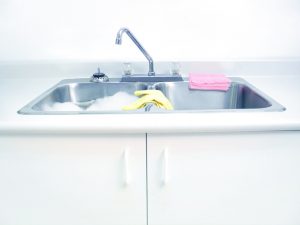 We expect that the items we put down our drains, whether it be down our toilets or our kitchen sink, to simply wash away without a problem. However, there are a number of things that should never be thrown down the drain. Certain items and substances can lead to significant problems, resulting in serious damage if left unattended.
We expect that the items we put down our drains, whether it be down our toilets or our kitchen sink, to simply wash away without a problem. However, there are a number of things that should never be thrown down the drain. Certain items and substances can lead to significant problems, resulting in serious damage if left unattended.
Your plumbing system is much more complex than you might think. As the majority of the system is hidden behind walls or underneath floors, problems often go undetected. Issues such as blockages and leaks are not usually recognized until they’ve already caused damage to surrounding property. This is why it is important to trust your plumbing system to the hands of a professional plumber in Tampa, FL who can detect and repair minor issues before they become major. In the meantime, you can protect your plumbing by being careful about what you put down your drains. Keep reading to learn more.

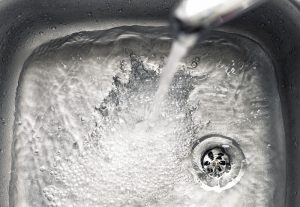 Whether it’s used for cooking, washing, or drinking, your kitchen faucet is pushed to the limit every day. We often take for granted just how much our kitchen sinks can endure. Throughout the course of a day, we turn our kitchen sinks on and off a million times, but this repeated use can quickly create problems in the faucet mechanism, leading to that steady, annoying drip.
Whether it’s used for cooking, washing, or drinking, your kitchen faucet is pushed to the limit every day. We often take for granted just how much our kitchen sinks can endure. Throughout the course of a day, we turn our kitchen sinks on and off a million times, but this repeated use can quickly create problems in the faucet mechanism, leading to that steady, annoying drip.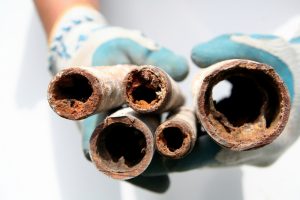 Typically, a plumbing issue results in a visit from your local plumber, who can detect and seal any leaks or clear any blockages that may exist. At some point, however, repairing leak after leak is not worth it anymore. When your plumbing system reaches a certain age, repairing or replacing just one section of piping isn’t going to cut it. Instead, you’ll need whole-house repiping.
Typically, a plumbing issue results in a visit from your local plumber, who can detect and seal any leaks or clear any blockages that may exist. At some point, however, repairing leak after leak is not worth it anymore. When your plumbing system reaches a certain age, repairing or replacing just one section of piping isn’t going to cut it. Instead, you’ll need whole-house repiping.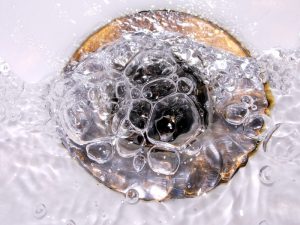 There are a lot of great perks that come with owning your own home. There is also a lot of potential for problems to develop over time. If and when you run into such problems, you want to have them resolved as soon as possible. We know that homeowners today have a lot on their plates, and there are certain headaches that we’d all rather ignore. That does not change the fact that certain issues deserve your prompt attention, though.
There are a lot of great perks that come with owning your own home. There is also a lot of potential for problems to develop over time. If and when you run into such problems, you want to have them resolved as soon as possible. We know that homeowners today have a lot on their plates, and there are certain headaches that we’d all rather ignore. That does not change the fact that certain issues deserve your prompt attention, though.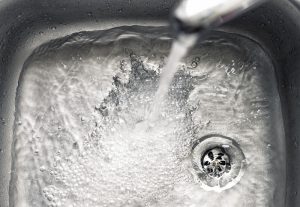 In this age where the phone in your pocket can unlock an essentially limitless amount of information, it can be easy to convince oneself that one can handle his or her own projects around the house. And you know what? Many of the projects you need done around the house can be handled in a DIY manner with a bit of research and some elbow grease. Responsible homeowners are the ones that know their limits, though. We’re guessing, for instance, that you wouldn’t try to replace your home piping system.
In this age where the phone in your pocket can unlock an essentially limitless amount of information, it can be easy to convince oneself that one can handle his or her own projects around the house. And you know what? Many of the projects you need done around the house can be handled in a DIY manner with a bit of research and some elbow grease. Responsible homeowners are the ones that know their limits, though. We’re guessing, for instance, that you wouldn’t try to replace your home piping system. Homeowners throughout our service area know that they can turn to us to find and fix plumbing leaks in their homes. Unfortunately, some homeowners are not aware of the fact that many plumbing leaks can sneak past their defenses, doing a lot of damage to their properties before the homeowners in question even realize that there are problems, to begin with. This is the case with that most nefarious type of leak: the slab leak!
Homeowners throughout our service area know that they can turn to us to find and fix plumbing leaks in their homes. Unfortunately, some homeowners are not aware of the fact that many plumbing leaks can sneak past their defenses, doing a lot of damage to their properties before the homeowners in question even realize that there are problems, to begin with. This is the case with that most nefarious type of leak: the slab leak!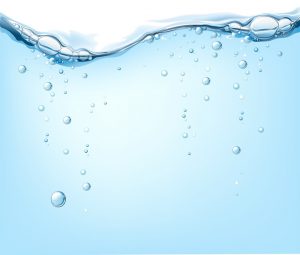 Why is it that Florida is such a popular vacation spot? Why is it that so many people decide to spend their golden years down here? It’s because of the weather and the beaches, mostly. You do not need us to tell you that our days are full of plenty of sunshine, and that temperatures stay quite warm for nearly the entire year. What you may need us to remind you of, though, is that your air conditioning system is not the only system in your house deserving of your attention.
Why is it that Florida is such a popular vacation spot? Why is it that so many people decide to spend their golden years down here? It’s because of the weather and the beaches, mostly. You do not need us to tell you that our days are full of plenty of sunshine, and that temperatures stay quite warm for nearly the entire year. What you may need us to remind you of, though, is that your air conditioning system is not the only system in your house deserving of your attention.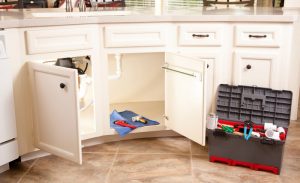 If we were to ask you what the most common problem that homeowners face with their plumbing systems might be, we are fairly confident that a good number of our clients would respond with “a water leak, of course.” Well, our customers are already fairly well informed, then, because this is certainly one of the most pressing issues that homeowners may face. Because plumbing leaks can cause so much damage to one’s property so quickly, it really is in your best interest to ensure that any leaks are found and resolved by a professional
If we were to ask you what the most common problem that homeowners face with their plumbing systems might be, we are fairly confident that a good number of our clients would respond with “a water leak, of course.” Well, our customers are already fairly well informed, then, because this is certainly one of the most pressing issues that homeowners may face. Because plumbing leaks can cause so much damage to one’s property so quickly, it really is in your best interest to ensure that any leaks are found and resolved by a professional 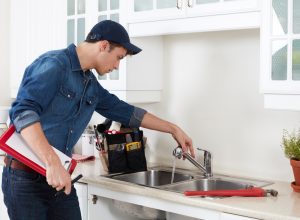 For the modern homeowner, the idea of living without indoor plumbing is pretty much unthinkable. Why would anyone choose to live that way? We get all of the potable water that we need from the various faucets throughout the house. Our appliances that require water are fed that water directly, and a drain and sewer system is there to dispose of all the wastewater in an effective, reliable, and hygienic manner. Not a bad deal, eh?
For the modern homeowner, the idea of living without indoor plumbing is pretty much unthinkable. Why would anyone choose to live that way? We get all of the potable water that we need from the various faucets throughout the house. Our appliances that require water are fed that water directly, and a drain and sewer system is there to dispose of all the wastewater in an effective, reliable, and hygienic manner. Not a bad deal, eh?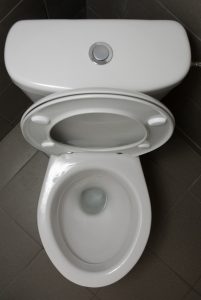 Ah, the bathroom. It’s where you start your day, every day. Using the toilet, brushing your teeth, taking a quick shower before you go about your business. If there is one room in your home that you are most likely to associate with the word “plumbing,” it is a good bet that the bathroom is it. That is why trouble with your bathroom
Ah, the bathroom. It’s where you start your day, every day. Using the toilet, brushing your teeth, taking a quick shower before you go about your business. If there is one room in your home that you are most likely to associate with the word “plumbing,” it is a good bet that the bathroom is it. That is why trouble with your bathroom